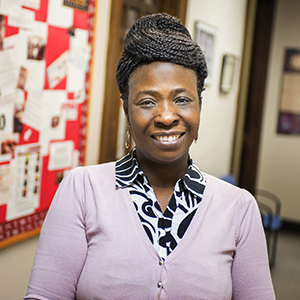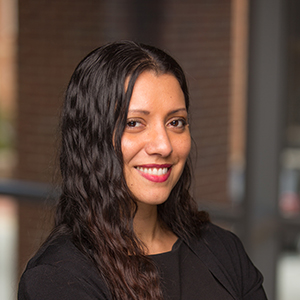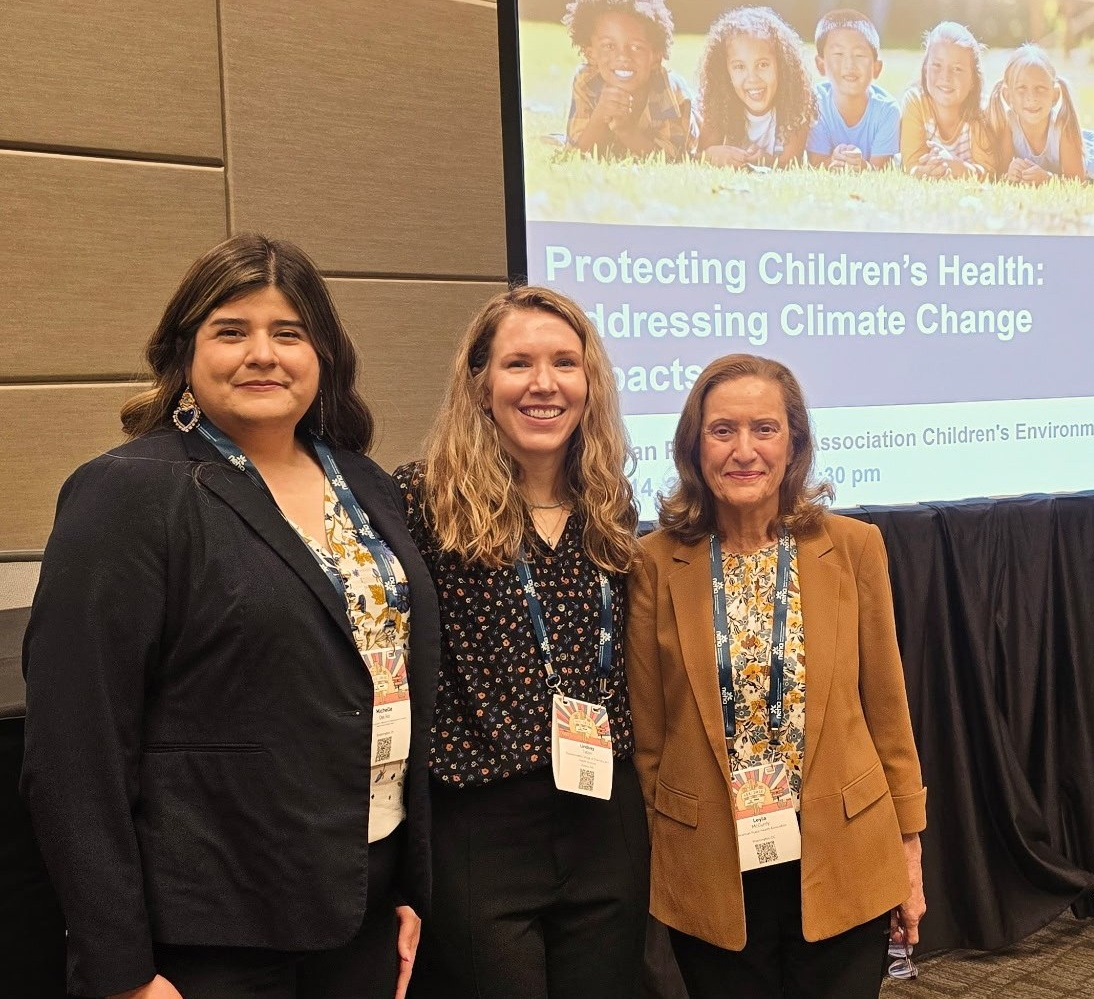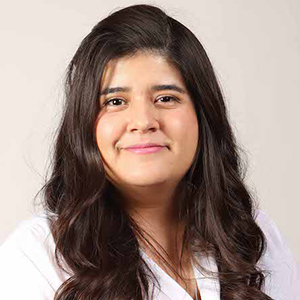Thanks to the tireless efforts of Assistant Professor Michelle Del Rio, Ph.D., the Department of Environmental and Occupational Health (EOH) has introduced a new Ph.D. minor in Children’s Environmental Health (CEH) for this coming academic year—the first of its kind in the nation.
For Del Rio, environmental impact on children is a topic that is close to her heart. Having grown up in El Paso, Texas in a community that continues to struggle with legacy contamination from a lead smelter site that operated in the area for almost a century, Del Rio has been a trailblazer in raising awareness of the dangers of exposure to environmental contaminants—and why children are the most vulnerable.
"Children are not little adults—they have special vulnerabilities that put them at greater risk," says Del Rio, who received a federal grant of almost $1 million last year to investigate lead exposure in homes and particularly household dust. "Children have a unique bio physiology that allows them to absorb more contaminants at greater volumes than adults, as well as unique behaviors—such as hand-to-mouth—that plays a role in increasing exposures."

This Ph.D. program builds upon the work Del Rio began during her time at the University of Texas at El Paso and her collaboration with the American Public Health Association (APHA) CEH Committee, which includes mentor and former co-chair of the curriculum workgroup Ruth Etzel, M.D., Ph.D. Together, they developed 12 competencies and corresponding performance indicators in this field of research that have since been published in the Journal of Environmental Health and presented at National Environmental Health Association Annual (NEHA) Education conferences. With the assistance of SPH-B’s Director of the Maternal and Child Health Program Cecilia Obeng, Ph.D., Del Rio developed the Ph.D. minor over the summer from two recently introduced courses—SPH-V 544 Essential Topics in Children’s Environmental Health and SPH-V 644 Assessing Children’s Environmental Health Needs: Risk and Potential Exposures.
"We introduced 544 in the spring of this year, and without any special promotion or advertisement, we had 15 students who immediately enrolled in the course, and then we were able to subsequently get the follow-up course approved," says Del Rio. "This field of research has been active for a long time but there wasn’t any formal structure to the training of children’s environmental health professionals—we got so busy with addressing CEH that we forgot to train the next generation!"

Department Chair Patricia Silveyra, Ph.D., applauds Del Rio’s efforts spearheading this initiative because it creates more exposure to the whole department as the composition of faculty members and expertise continues to evolve.
"This new Ph.D. minor directly contributes to our mission as a department," says Silveyra. "By creating a formal structure for training in children’s environmental health, we not only showcase the breadth of expertise that faculty like Michelle and others bring, but also provide students with unique opportunities to engage with emerging issues in the field. Initiatives like this raise our visibility and strengthen the growth of our program."

Eligible students for this program include those enrolled in Ph.D. programs not only at SPH-B but across the Indiana University-Bloomington campus. Additional topics associated with this minor include learning about diverse environmental contaminants and routes of exposures, as well as practical skills such as finding and interpreting data and communicating it effectively with community members and policy makers to guide plans that promote children’s health. As co-chair of APHA’s CEH Curriculum Workgroup with Lindsay Tallon, Ph.D., Del Rio hopes to develop a certification for CEH similar to certifications currently offered for environmental health professionals nationwide.
"I feel very fortunate to do a full circle in regards to being the one experiencing these exposures to actually being able to make a difference. When we protect children, we not only protect everyone but also future generations of families," says Del Rio. "Students who choose this minor to complement existing majors gain a knowledge base that will be attractive to potential employers—by having a specific degree in CEH, it takes away the guesswork from organizations and their goals."
To read more about how the SPH-B community is changing the face of public health, visit go.iu.edu/48bx.


